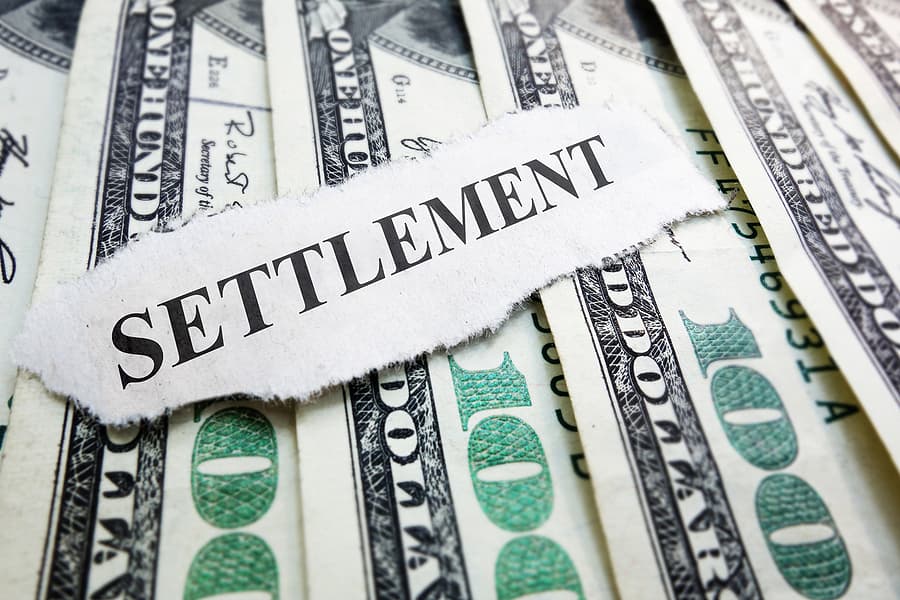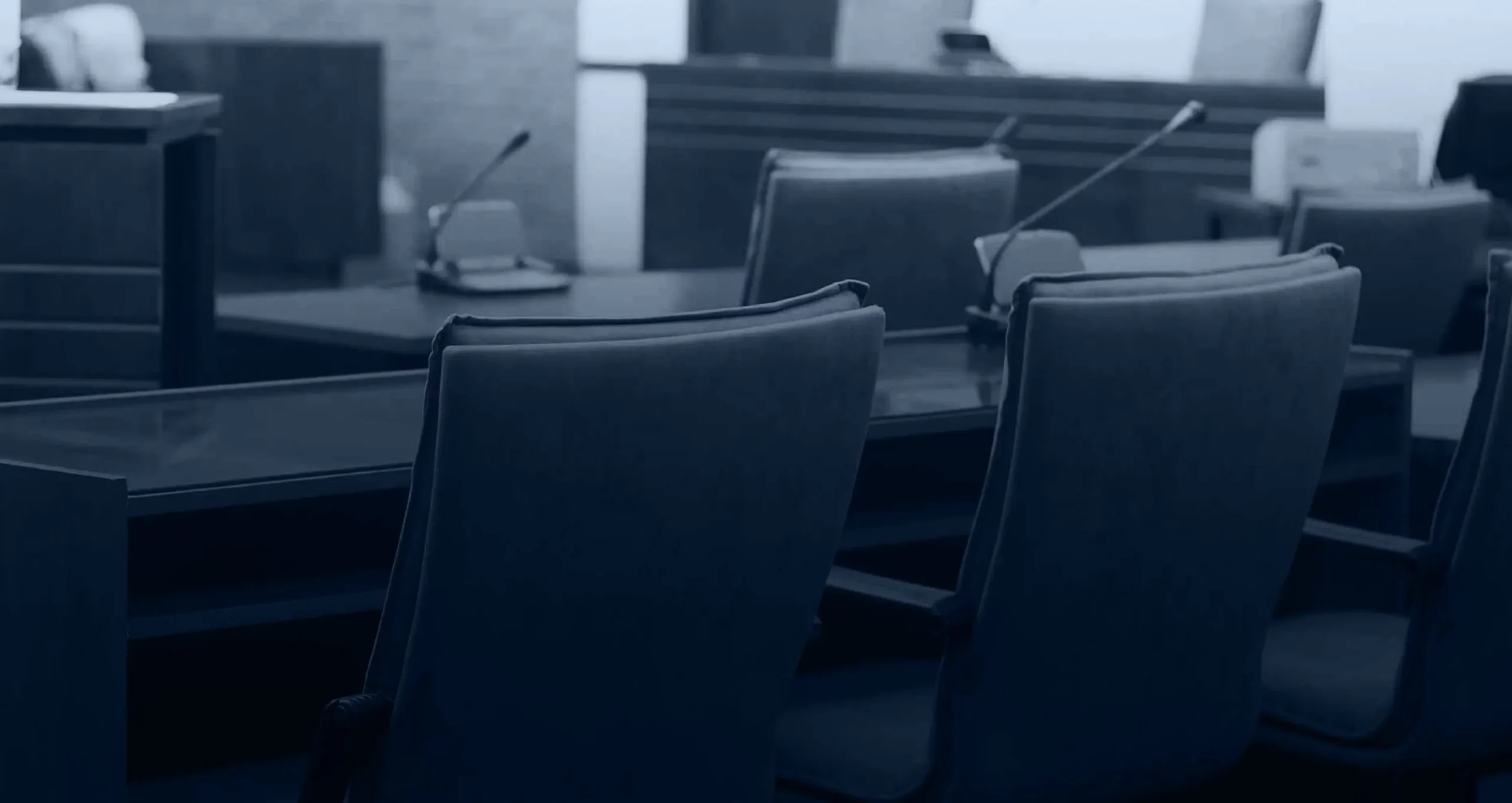After a car accident, how much you receive depends on several factors, including whether you retain an attorney and the type of injuries and other damages you suffered. Many people think they can settle with the insurance company themselves. While that is true to a certain extent, you will likely receive less than if you were to retain an experienced car accident lawyer.
Working With Insurance Companies

If you contact the insurance company after an accident, only give your name, contact information, the date and location of the accident, and your attorney’s contact information. The insurance company will sometimes encourage you to discuss the accident, but avoid providing further information.
Insurance companies use several tricks to blame the accident on you. They are in business to make money, and every claim they pay cuts into their bottom lines.
Insurance companies, even your own, will use what you say to reduce the money they have to pay out. Attorneys know this and how to word things to make it harder for an insurance company to misplace blame.
Another trick the insurance company uses is admitting their client is at fault. They will agree with you, then claim they can only give you a certain amount—likely a lowball amount. If you have extensive injuries and other damages, the amount offered usually won’t cover medical expenses, never mind other damages.
When You Should Contact a Car Accident Lawyer
Contact a car accident lawyer as soon after an accident as possible. Even if you are still in the hospital, you or a loved one should get the process started immediately, as evidence tends to disappear.
Evidence disappears for many reasons, including:
- Weather, including the sun and rain.
- The defendant repairs their vehicle.
- The defendant purposely destroys the evidence.
- The police inadvertently destroy the evidence while a vehicle sits in the impound lot.
- Property owners destroy evidence when they repair their property.
- The city, town, county, or state destroys the evidence when making repairs to roads damaged in the accident.
Additionally, the defendant could argue that your injuries are not as serious as you claim if you do not contact a car accident lawyer and start a claim immediately.
Car Accident Injuries
Accident injuries range from minor cuts and bruises to catastrophic injuries and death. The more severe your injuries, the more compensation you should recover. If you lose a loved one in a car accident, you could also recover damages for losing that relationship’s benefit.
Even if you believe your injuries are minor, you should seek medical attention. Some injuries take days or even weeks to manifest. However, doctors can test to find injuries, such as internal bleeding and other internal injuries, concussions, and whiplash.
Car accident injuries include:
- Bumps, bruises, scrapes, cuts, and scratches.
- Strains and sprains.
- Pulled and torn muscles and other soft tissue injuries.
- Face and eye injuries.
- Internal injuries.
- Simple and compound fractures.
- Crush bones and crush injuries.
- Traumatic brain injuries.
- Head, neck, and shoulder injuries.
- Ear injuries, including deafness.
- Back and spinal cord injuries.
- Thermal and chemical burns.
- Road rash.
- Amputation of a digit or limb.
A person may also suffer from secondary injuries, such as infections and psychological problems caused by the primary accident injuries. A person might not have severe physical injuries but persistent psychological issues in some cases. For example, if a mother thought her child was severely injured, even though they weren’t, she could suffer from anxiety or post-traumatic stress disorder after the accident.
You could also recover damages if accident injuries exacerbate pre-existing conditions. You would not have suffered the additional pain and suffering, medical expenses, and other damages if not for the actions or inactions of the defendant.
Recovering Damages After a Car Accident
An accident victim or the family of a deceased loved one could recover compensatory damages and punitive damages. The court orders compensatory damages in two forms: Economic and non-economic damages.
Economic Damages
Special damages, otherwise known as economic damages, have a monetary value. Most accident victims recover economic damages, including medical expenses, personal property, wages, and death-related expenses. The court orders economic damages in an attempt to make you whole again.
Medical Expenses
Documentation of medical expenses begins at the accident scene when the emergency medical technicians examine you after the accident. Documentation continues when you go to the hospital. Always keep all medical and therapy appointments after an accident, or you could lose credibility—you may not be able to recover the amount you deserve if your injuries appear less severe.
Medical expenses include:
- Doctor’s appointments.
- Surgeries and follow-up appointments.
- Prescriptions and prescribed over-the-counter drugs.
- Ambulatory aids.
- Oxygen tanks, machines, and equipment.
- Therapy appointments, including cognitive therapy, psychological therapy, occupational therapy, and physical therapy.
- Hand controls for your vehicle.
- Updates to your home, including handrails, grab bars, wheelchair ramps, and widened doorways.
- Care in a rehabilitation facility or from a home health aide.
- Extended care from a home health aide if you need help for the rest of your life.
A spouse who lost a loved one in a car accident can also recover medical expenses their loved one incurred from the accident until death.
Personal Property
You can recover compensation for any property damaged or destroyed in the accident, including your vehicle, a bicycle, a cell phone on your person or in your vehicle, computers, and other personal property.
Wages
An accident victim can recover lost wages for the time they spend out of work. The spouse of a lost loved one can also recover the lost wages of the deceased spouse. If the injuries are long-term or permanent, you can also recover loss of earning capacity from the time of the accident until your normal retirement date.
If a spouse lost a loved one in a car accident, the spouse may recover loss of earning capacity on behalf of their loved one until they would have normally retired.
Death-Related Expenses
The estate or spouse of a loved one may recover funeral and burial expenses, cremation expenses, the cost of a probate attorney, and certain probate court costs, such as filing fees.
Non-Economic Damages
General damages, often referred to as non-economic damages, do not have a monetary value. However, as with economic damages, the court orders the defendant to pay non-economic damages to make you whole again.
In most cases, accident victims recover non-economic damages if they suffer long-term or permanent disabilities from accident injuries. A spouse who lost a loved one will often recover non-economic damages.
Non-economic damages include:
- Pain and suffering, including emotional distress.
- Loss of quality of life if you have to make life changes, such as taking prescriptions or using ambulatory aids for the rest of your life.
- Loss of companionship if you can no longer enjoy time with your family or go on family outings.
- Loss of consortium if you can no longer have a physical relationship with your spouse.
- Loss of use of a digit or limb.
- Loss of use of a bodily function, such as your eyesight, hearing, or bladder.
- Amputation of a digit or limb.
- Inconvenience if you have to hire someone to do domestic activities, such as grocery shopping, lawn maintenance, house cleaning, and home repair and maintenance.
- Disfigurement or excessive scarring.
Punitive Damages
Illinois allows victims of gross negligence to recover punitive damages. The court orders punitive damages as a punishment for the defendant’s behavior. The money does not make you whole, as with compensatory damages. The defendant might also face charges in criminal court, depending on the cause of the accident.
Punitive damages may take extra time and are difficult to obtain, but when the defendant’s behavior was heinous, and the victim’s damages are extensive, they can greatly increase your compensation.
Settlement Timeframe
One of the more common questions is, “How long to settle my car accident case?” It depends on the insurance company. In some instances, the case never settles but goes to court instead—only because the insurance company refuses a fair and reasonable settlement. However, most insurance companies realize the cost of going to trial and will settle.
From the time you retain a lawyer, there are several steps to ensure you recover the compensation you deserve, including:
- Thoroughly investigate the accident. Our investigators will go to the accident scene and look at the damage to the defendant’s vehicle and yours. The police report is not always correct since an officer can only put what witnesses tell him in the report.
- Gather evidence after the accident investigation, including your medical records. A lawyer cannot put an initial offer in a demand letter without understanding your injuries and their impact on your life.
You may need an expert witness to draft a report regarding your injuries, especially if you suffered catastrophic injuries doctors believe will cause long-term or permanent disabilities.
The expert witnesses will also testify on your behalf if the case goes to trial.
- Craft the demand letter. In the demand letter, the lawyer includes facts of the accident and an amount discussed with you that is fair and reasonable for your damages. The insurance company has a set number of days to respond to the demand letter, usually ten days.
- Settlement negotiations start if the insurance company accepts your claim. If not, you can move to litigation. Settlement negotiations can take as little as a week to a month or longer. More complicated cases usually take longer, as the insurance company will want proof of long-term or permanent disabilities.
If the insurance company agrees to a fair and reasonable settlement, it will draft a settlement agreement and then forward it to your attorney for their review. If you and your attorney do not have any changes, you sign the agreement, and your attorney will forward it to the insurance company for processing.
The insurance company cuts a check to your attorney. This phase usually takes a few weeks. Once your attorney receives the check, he deposits it in an escrow account. The attorney must wait until the check clears. Depending on the amount, it may take up to 14 days to clear.
Once the check clears, the attorney:
- Pays your outstanding medical expenses.
- Reimburse your health and auto insurance companies if you use them to cover accident expenses.
- Deducts their attorneys’ fees and costs as agreed to in the contingency agreement you signed when you retained the firm.
- Cuts a check to you.
If the option is available, you can have the attorney mail the check to you via registered mail or have the attorney electronically deposit funds into your account.
After you receive the check, you will have to wait until it clears before you can use the funds. Depending on the amount, clearing the bank could take 14 days.
If you suffered injuries or lost a loved one in a car accident, contact a car accident lawyer as soon as possible for a free case evaluation. A lawyer can guide you through a claim and ensure you receive the total compensation you deserve for your losses.
Contact the Chicago Car Accident Law Firm of Zayed Law Offices Personal Injury Attorneys for Help Today
For more information, please contact the experienced Chicago car accident lawyers at Zayed Law Offices Personal Injury Attorneys today. We offer free consultations.
We proudly serve Cook County, Will County, Kendall County, and its surrounding areas:
Zayed Law Offices Personal Injury Attorneys – Chicago Office
10 S La Salle St STE 1230, Chicago, IL 60603
Phone:(312) 726-1616
Hours: Open 24/7
Our firm is located near you. We have an office in Chicago
Find us with our GeoCoordinates: 41.8815493,-87.6327515
Zayed Law Offices Personal Injury Attorneys – Joliet Office
195 Springfield Ave, Joliet, IL 60435
Phone: (815) 726-1616
Our firm is located near you. We have an office in Joliet
Find us with our GeoCoordinates: 41.5254295,-88.1381011








